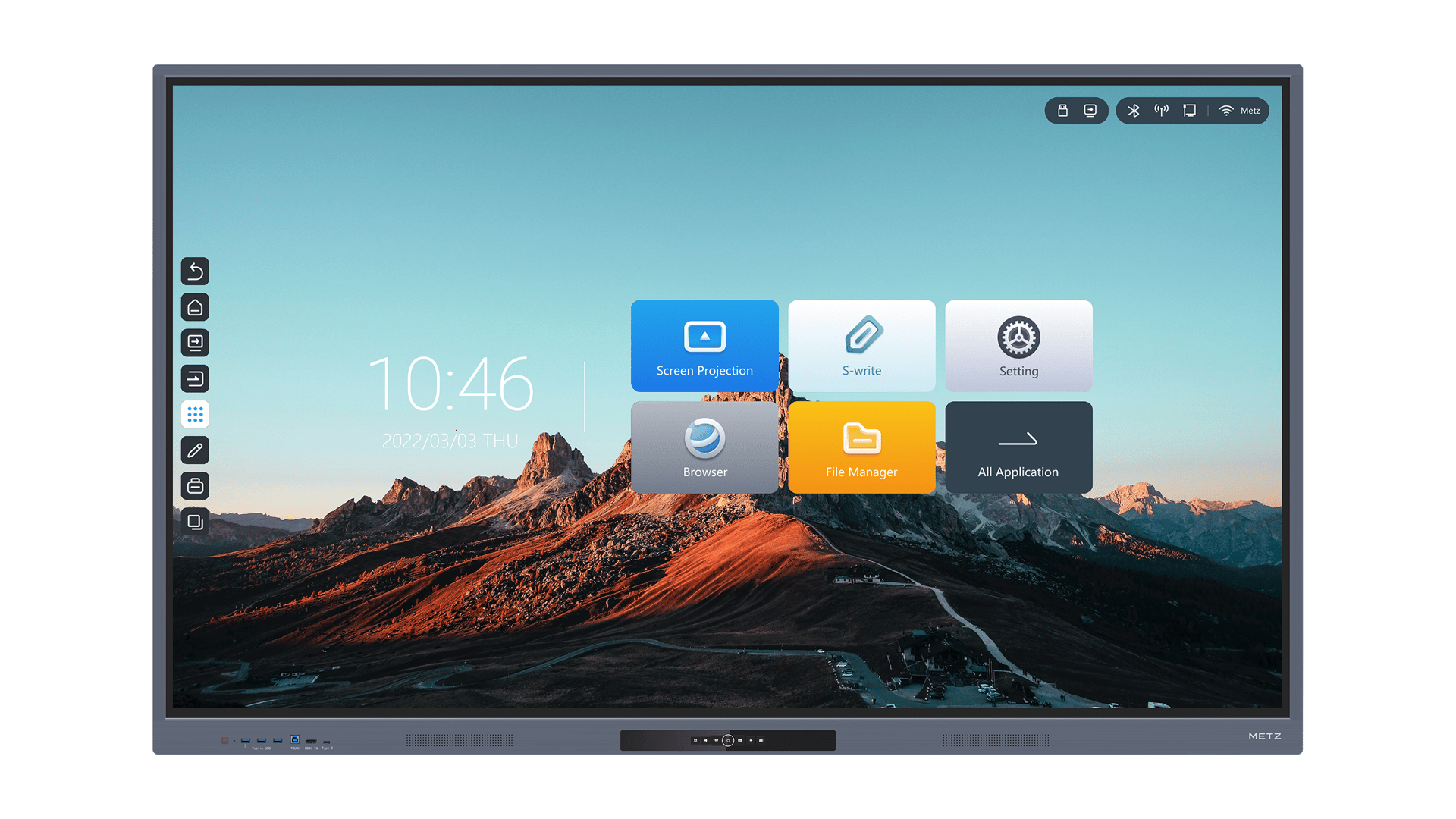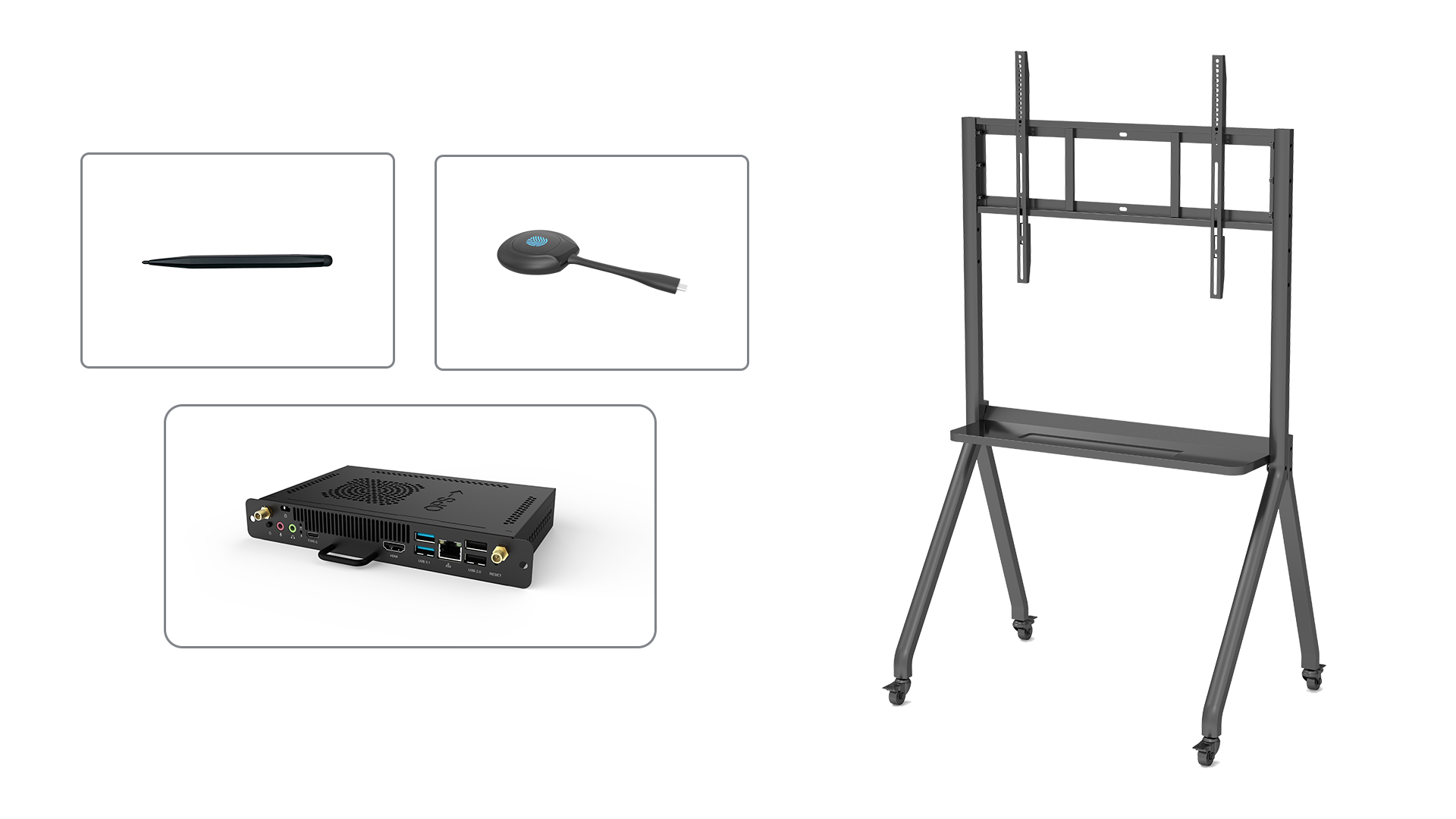The Pros and Cons of Using Interactive Whiteboards in Professional Development Workshops
Introduction
Interactive whiteboards have become increasingly popular in professional development workshops, offering a range of benefits and drawbacks for educators and participants. In this article, we will explore the pros and cons of using interactive whiteboards in professional development workshops, helping you make an informed decision about incorporating this technology into your teaching practices.
Pros of Using Interactive Whiteboards in Professional Development Workshops
Interactive whiteboards offer several advantages that enhance the learning experience in professional development workshops.
1. Enhanced Visual Presentation
Interactive whiteboards provide a large, clear display for presenting information, making it easier for participants to follow along. The visual nature of whiteboards helps to engage attendees and improve comprehension.
2. Interactive Teaching Tools
With interactive whiteboards, facilitators can incorporate various teaching tools such as multimedia presentations, videos, and interactive quizzes. These tools promote active learning and increase participant engagement.
3. Collaborative Learning Opportunities
Interactive whiteboards encourage collaboration among participants. They can work together on group activities, brainstorm ideas, and share their insights with the whole class. This fosters a sense of community and promotes a more interactive learning environment.
4. Versatility and Flexibility
Interactive whiteboards offer versatility in terms of content delivery. Facilitators can easily switch between different types of media, adapt to different learning styles, and cater to individual needs. This flexibility allows for a personalized learning experience.
5. Real-time Feedback and Assessment
Interactive whiteboards enable immediate feedback and assessment. Facilitators can use built-in tools to gauge participant understanding and adjust their teaching accordingly. This ensures that everyone is on the same page and allows for instant clarification of any misconceptions.
Cons of Using Interactive Whiteboards in Professional Development Workshops
While interactive whiteboards offer many benefits, there are also some drawbacks to consider.
1. Costly Investment
One of the main disadvantages of using interactive whiteboards is the initial cost. These devices can be expensive to purchase and set up, which may not be feasible for all educational institutions or individual educators.
2. Technical Issues and Maintenance
Interactive whiteboards rely on technology, which means they can encounter technical issues or require regular maintenance. This can disrupt the flow of the workshop and create frustration for both facilitators and participants.
3. Learning Curve for Facilitators
Using interactive whiteboards effectively requires facilitators to undergo training and familiarize themselves with the technology. This learning curve can be time-consuming and may require additional resources.
4. Potential Distractions
While interactive whiteboards can enhance engagement, they can also become a source of distraction. Participants may become more focused on the technology itself rather than the content being presented, leading to reduced learning outcomes.
5. Limited Accessibility
Not all participants may have access to interactive whiteboards outside of the workshop. This can limit their ability to continue their learning experience or apply the knowledge gained in their professional settings.
Conclusion
Interactive whiteboards offer numerous benefits for professional development workshops, including enhanced visual presentation, interactive teaching tools, collaborative learning opportunities, versatility, and real-time feedback. However, potential drawbacks such as the high cost, technical issues, learning curve, distractions, and limited accessibility should also be considered. It is essential to weigh these pros and cons to determine if incorporating interactive whiteboards is the right choice for your professional development workshops.






